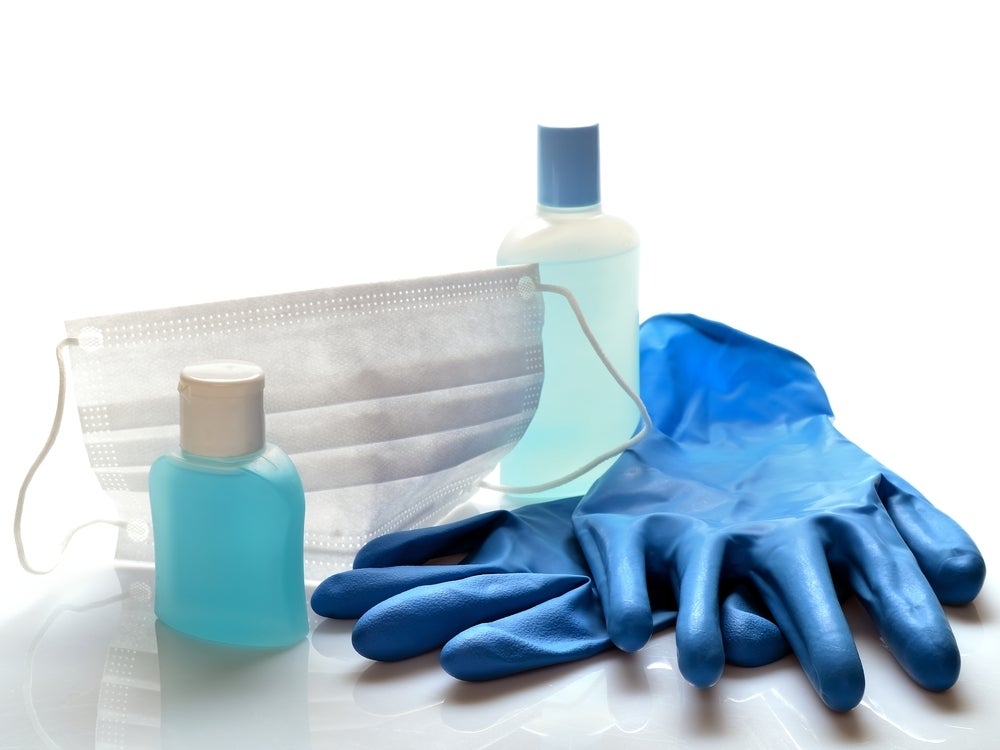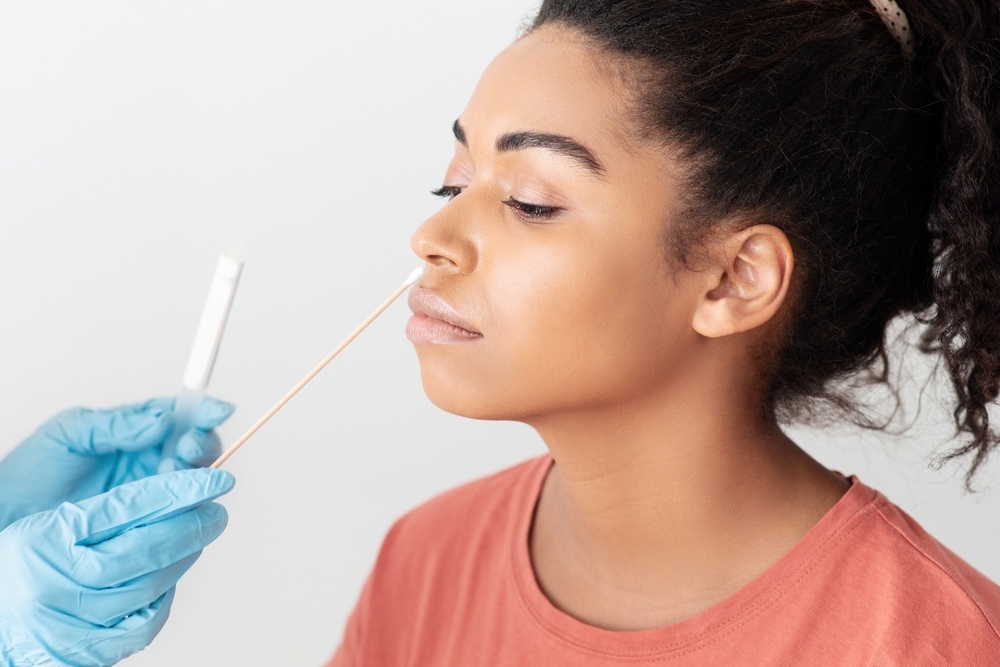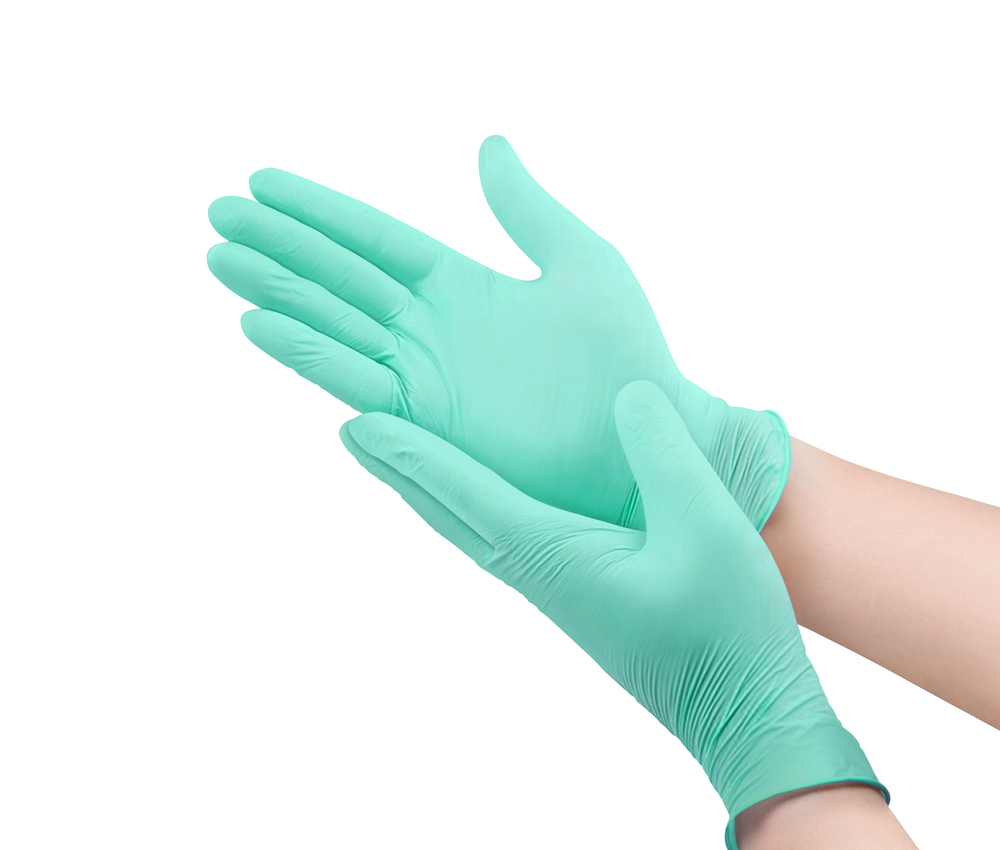
Editor's Note Air quality in cardiac ORs may be a silent driver of surgical site infections (SSIs), with airborne contamination linked to significantly elevated infection risk and mortality—especially when ventilation is suboptimal. A newly published study covered by Medical Dialogues May 19 reveals that one-third of bacteria in cardiac procedures…

Editor's Note An actionable, evidence-based toolkit from the Agency for Healthcare Research and Quality (AHRQ), released in April 2025, aims to help curb the risk of methicillin-resistant Staphylococcus aureus (MRSA) and surgical site infections (SSIs), especially in high-risk orthopedic and cardiac procedures. As detailed in the AHRQ website, the “Toolkit…

Patient safety and regulatory compliance demand thoroughly vetting those tasked with preventing healthcare-associated infections. But which certification is the right fit? Those who are new to infection control have a wide range of options for verifying their newly acquired expertise. More seasoned infection preventionists (IPs) also have a number of…

Editor’s Note Tertiary hospitals are embracing the World Health Organization (WHO) Surgical Safety Checklist (SSC), yet inconsistent compliance—especially during time-out—exposes patients to avoidable risks, Cureus April 29 reports. In this study, the researchers found that while overall integration of the SSC is promising, there were compliance gaps particularly in pre-incision…

In the OR, precision and focus can mean the difference between life and death. However, surgical patient outcomes hinge on more than the competence of those working in these inherently intense environments. Every procedure also depends on the laborious, behind-the-scenes efforts of the people responsible for ensuring every surgical instrument…

Editor's Note Unnecessary traffic, workflow interruptions, and lapses in protocol in the OR increase the risk of surgical site infections (SSIs), according to an April 23 article in Infection Control Today. While sterile technique, antibiotic use, and instrument cleanliness remain front-line defenses against infection, authors Katharine J. Hoffman, MPH, CIC, and…

Editor's Note Conventional cleaning protocols fail to remove visible soil and debris from lumened surgical instruments, raising urgent concerns about patient safety and sterilization efficacy. That’s the central finding of a study published February 11 in The American Journal of Infection Control, which used borescopes to inspect the lumens of…

Imagine completely eliminating surgical site infections (SSIs) without significantly disrupting perioperative workflows. At Magic Valley Regional Medical Center (MVMC), a mid-sized community hospital in Twin Falls, Idaho, a nurse-led pilot project accomplished just that for breast and colorectal surgeries. As for other procedures, overall infection rates are down by nearly…

Reduced costs, faster recovery, and other advantages can make outpatient surgical procedures more convenient for providers and patients alike. Ambulatory surgery centers (ASCs) are incredibly safe, but a lot of work goes into infection control. Cross-trained staff often wear many hats, and limited budgets may not leave room for dedicated…

Editor's Note A cohort study published February 24 in JAMA Pediatrics found that prophylactic antibiotics reduced the odds of surgical site infections (SSIs) by 72% in children undergoing cholecystectomy for uncomplicated cholelithiasis. However, extended-spectrum antibiotics offered no additional benefit over cefazolin, suggesting that simpler prophylaxis protocols could optimize outcomes while…